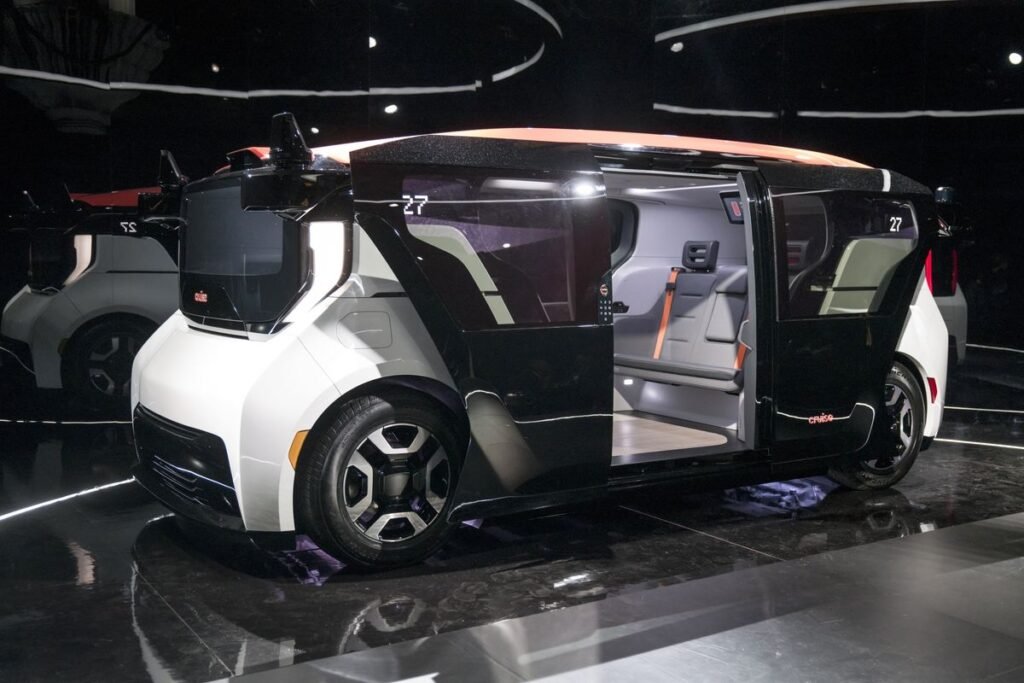Cruise, General Motors’ majority-owned autonomous vehicle unit, announced on Thursday that it has received final approvals to operate a commercial robotaxi service in San Francisco.
After the California DMV approved autonomous vehicle deployments by Cruise and Alphabet’s Waymo, the California Public Utilities Commission granted Cruise its permit.

Cruise, a General Motors-owned autonomous vehicle venture, announced on Thursday that it had received the final permit required to offer its robotaxi service to paying riders in San Francisco.
In a blog post, Cruise claimed that the permit is “the first-ever Driverless Deployment Permit granted by the California Public Utilities Commission,” and that the company will be the first to operate a “commercial, driverless ridehail service in a major US city.”
The company’s cars are fully electric and battery-powered, which could help reduce greenhouse gas emissions that cause climate change.In an April 2021 letter to the CPUC, the company stated that it aims to make California roads safer while also reducing greenhouse gas emissions.
Previously, the California Department of Motor Vehicles approved permits for both Cruise and Alphabet’s Waymo to deploy autonomous vehicles.
Cruise was already providing public nighttime rides in its driverless cars in San Francisco, though passengers had yet to pay a fare.
A Cruise driverless vehicle was previously pulled over by police in San Francisco, and a video of the incident went viral.Despite that incident, the California DMV told CNBC that as of late April, the department had yet to issue a traffic ticket to any driverless vehicle operator.
Rodney Brooks, emeritus professor of robotics at the Massachusetts Institute of Technology, recently rode in Cruise driverless taxis and wrote positively about the experience on his blog.
“Cruise has put together an MVP, a ‘Minimal Viable Product,’ the lynchpin of successful tech,” he said in that post.He also stated that he does not believe driverless cars will be widely adopted in the near future.”We have a long way to go yet,” he wrote, “and mass adoption may not be in the form of one-for-one replacement of human driving that has driven this dream for a decade or more.”
In San Francisco, competitors to Cruise are also testing driverless vehicles.
Alphabet’s Waymo has provided free driverless rides to employees or members of a San Francisco testing programme.In Arizona, it has also completed “tens of thousands” of rides without a driver.
Nuro, another driverless startup that focuses on transporting goods rather than passengers, has a deployment permit to operate driverless cars in San Francisco as well.
While Tesla CEO Elon Musk frequently touts the company’s ambitions to deliver “robotaxi-ready” vehicles, Tesla vehicles only feature its Full Self Driving Beta programme, an experimental driver assistance system that requires drivers to keep their hands on the wheel and remain attentive to the road at all times.
Found this article interesting? Follow BG on Facebook, Twitter and Instagram to read more exclusive content we post.
